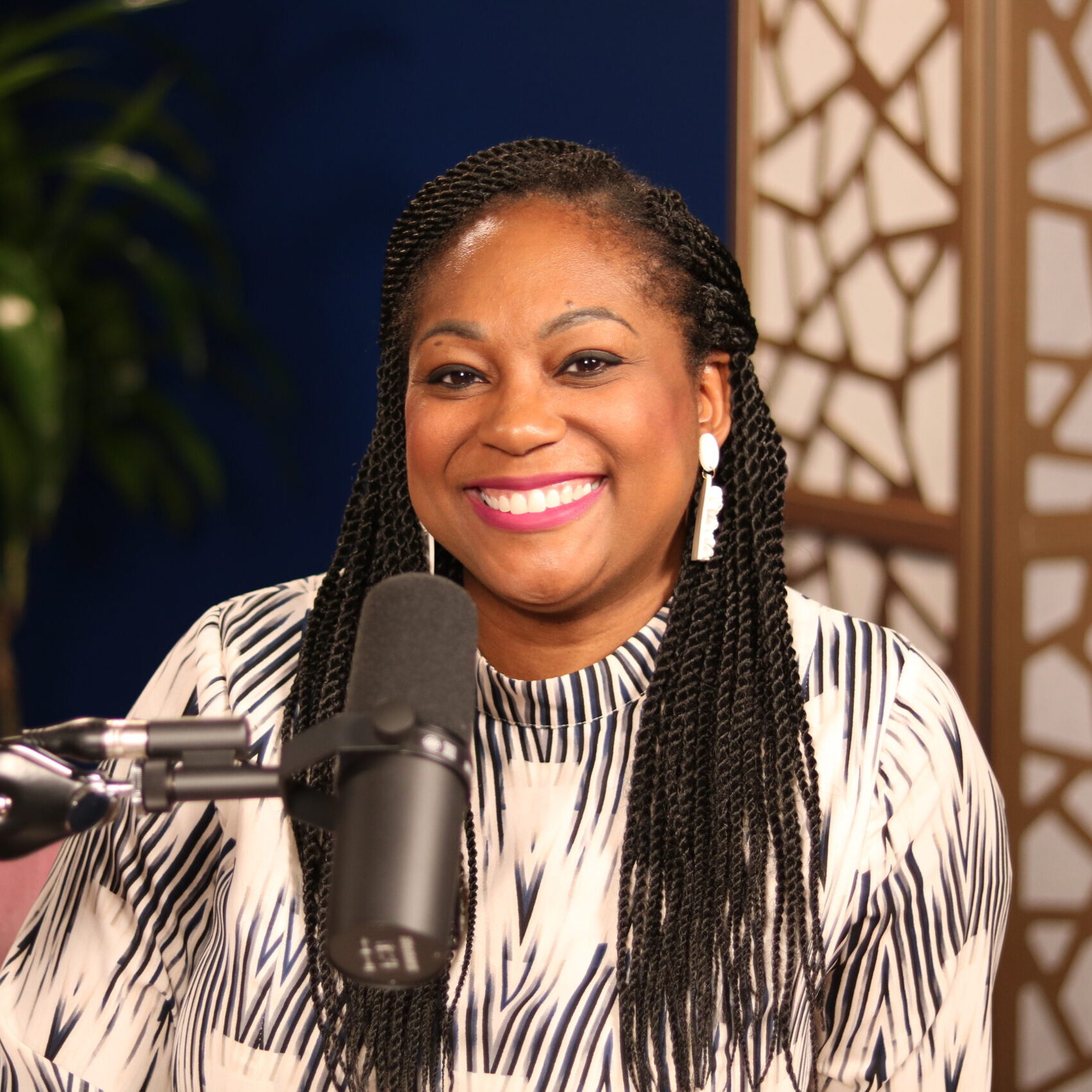In this inspiring episode, Chantel Williams takes us on a remarkable journey, sharing her background as a military brat and her transition from logistics to finance. She candidly discusses how she and her husband took the leap and purchased the AFP Group, embarking on a new chapter as financial advisors.
Chantel’s involvement with the Junior League of Houston is a testament to her commitment to community service. As the outside board representative for The Rose, she offers a unique perspective, highlighting the invaluable opportunity for Junior League members to serve on nonprofit boards and make a tangible impact.
With raw honesty, Chantel opens up about her personal experience with breast cancer, underscoring the paramount importance of advocating for oneself in the healthcare system. Her story serves as a powerful reminder of the resilience and strength that lies within each of us.
Throughout the conversation, Chantel’s passion for the Junior League shines through as she shares the invaluable knowledge and growth she has gained from her involvement with this esteemed organization and her role with The Rose.
Join us as we celebrate Chantel’s remarkable journey and her unwavering commitment to empowering others through advocacy, education, and community service.
Share Chantel’s inspiring story with your family and friends, and support the life-changing work of The Rose by donating at therose.org.
Key Questions Answered
1.) In what ways does moving around as a military brat and experiencing different cultures shape her perspective and adaptability?
2.) How does being involved in organizations like the Junior League provide leadership skills and opportunities to make a positive impact in the community?
3.) Why is it important to advocate for oneself in healthcare is crucial, especially when it comes to early detection and prevention of diseases like breast cancer.
4.) How did Chantel’ role in the Junior League inspire her work with The Rose
Chapters
00:00 Background and Moving Around
02:04 Career Path and Starting AFP Group
07:30 Joining the Junior League of Houston
09:21 Being the Outside Board Representative for The Rose
13:36 Personal Experience with Breast Cancer
24:17 Impact of Junior League Membership
26:48 Learning from The Rose
31:36 Importance of Junior League and The Rose




